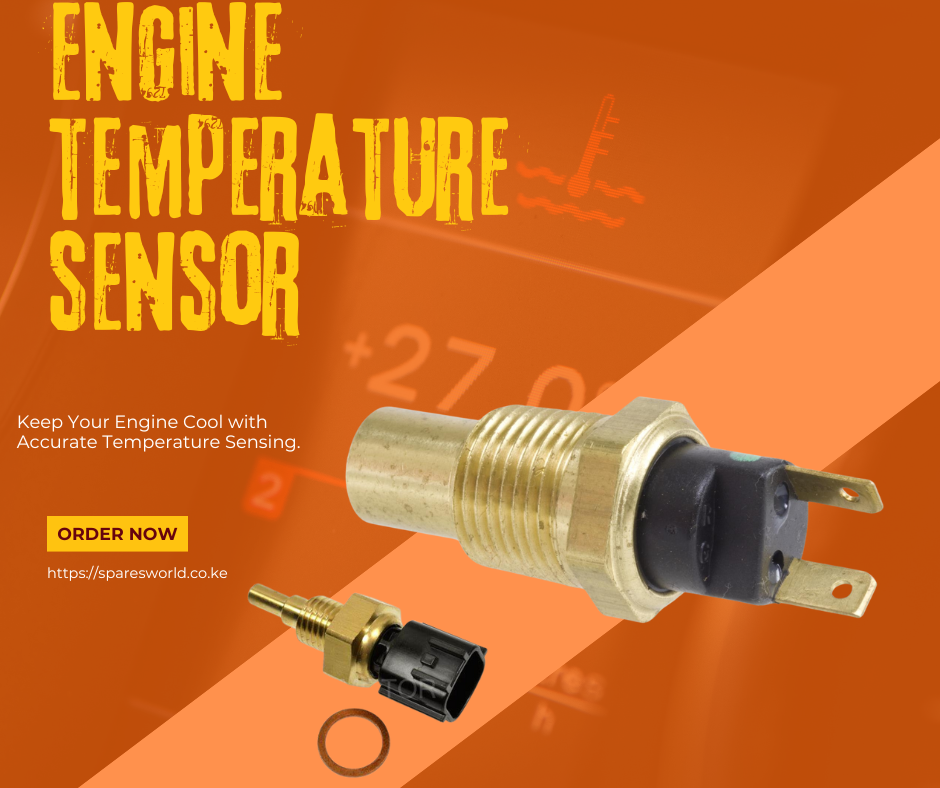Effects of a Faulty Engine Temperature Sensor on Your Car

Discover how a faulty engine temperature sensor can undermine your car's performance and longevity.
Understanding the Role of the Engine Temperature Sensor
The engine temperature sensor is a critical component in your car's cooling system. It measures the temperature of the engine and sends this information to the car's computer, which uses it to adjust the fuel mixture, ignition timing, and other important parameters.
By monitoring the engine's temperature, the sensor helps prevent overheating and ensures optimal performance. An accurate reading from this sensor allows the engine control unit (ECU) to make real-time adjustments to maintain efficiency and protect engine components.
Symptoms of a Faulty Engine Temperature Sensor
A faulty engine temperature sensor can manifest in several ways. One of the most common symptoms is an erratic temperature gauge. If the gauge shows fluctuating or extremely high or low readings, it could indicate a sensor issue.
Other symptoms include poor fuel economy, black smoke from the exhaust, engine overheating, and difficulty starting the car. In some cases, the check engine light may also illuminate, signaling a problem.
Impact on Engine Performance and Efficiency
A malfunctioning engine temperature sensor can severely impact your car's performance and efficiency. Since the sensor provides essential data for the ECU, inaccurate readings can lead to improper fuel mixture and ignition timing.
This can result in reduced fuel efficiency, increased emissions, and overall poor engine performance. The engine may run too rich or too lean, causing it to either consume more fuel or lack the necessary power for optimal operation.
Potential Damage and Long-Term Consequences
Ignoring a faulty engine temperature sensor can lead to significant and costly damage over time. For instance, continuous overheating can cause the engine to warp or crack, leading to expensive repairs or even a complete engine replacement.
Persistent issues with the sensor can also harm other components, such as the catalytic converter, which can become clogged or damaged due to improper fuel combustion. Long-term neglect can drastically shorten the lifespan of your vehicle.
Troubleshooting and Repair Options
If you suspect a faulty engine temperature sensor, it is crucial to address the issue promptly. Start by diagnosing the problem with an OBD-II scanner, which can read error codes from the ECU and pinpoint the faulty sensor.
Once confirmed, the sensor can be replaced relatively easily and inexpensively. However, it is advisable to consult with a professional mechanic to ensure the repair is done correctly and to check for any additional underlying issues that may have been caused by the faulty sensor.

 Loading..
Loading..